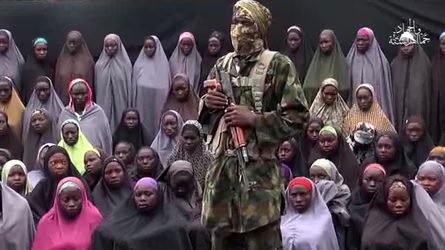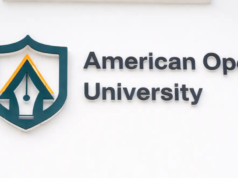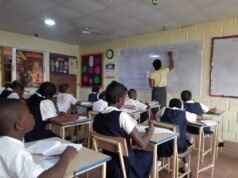In a sobering reminder of how far Nigeria still has to go in protecting its most vulnerable, recent reports reveal that 2,496 students have been abducted in 92 separate school attacks since the 2014 Chibok abductions. This statistic, drawn from a Vanguard News investigation and widely reflected in other media, underscores a chilling reality: mass kidnappings in schools are no longer isolated incidents, but a recurring crisis.
Table of Contents

Chibok’s Shadow Looms Large
On the night of April 14, 2014, Boko Haram militants entered the Government Girls Secondary School in Chibok, Borno State, abducting 276 schoolgirls. That horrifying event jolted the world and ignited the global #BringBackOurGirls campaign. Over the years, some of the girls were rescued or released, but many remain missing — a lingering symbol of both trauma and national failure.
What followed was not a temporary lull in attacks, but a deepening spiral: the Chibok abduction did not deter further violence; it seemed to embolden a growing number of criminal groups to exploit the abduction-for-ransom business.
The Rising Tide of Kidnapping for Profit
According to recent counts, there have been 92 verified attacks on schools since Chibok, across Nigeria’s most vulnerable regions — particularly in the northwest and north-central states. Criminal gangs have increasingly adopted the tactics once used by Boko Haram, turning mass abduction into a moneymaking enterprise.
Between January 2023 and November 2025 alone, about 816 students were abducted in 22 confirmed attacks, according to Vanguard. But those are just the reported cases. Many more are thought to have gone undocumented, especially in remote, hard-to-reach communities in Niger, Zamfara, Sokoto, Katsina, and Kebbi states.
Compounding the danger is the inadequacy of early warning systems: UNICEF monitoring data suggests only 37 percent of schools in the most at-risk regions have even basic protections in place. Human Rights Watch has expressed alarm at the near impunity these bandit groups now enjoy, warning that they carry out these attacks with few consequences.
The Human Toll: Fear, Trauma, and Disrupted Education
Behind every statistic lies a deeply personal story of fear, trauma, and loss. Many students who have survived abductions or escaped report profound psychological distress — some are too afraid to return to school, while others have left their communities out of concern for their safety.
UNICEF and Save the Children paint a harrowing picture: since 2014, more than 1,680 students have been kidnapped, with around 180 killed, 90 injured, and 90 still unaccounted for. Dozens of school staff members have also fallen victim.
The ripple effects go beyond those directly affected. One heartbreaking byproduct: millions of children live in constant fear of attending school. In just one academic year, UNICEF reported over 11,500 schools closed, disrupting the education of at least 1.3 million students. The stress of widespread violence, coupled with the lack of adequate funding for trauma recovery programmes, leaves many survivors with little support to rebuild their lives.

National Response: Promises, Criticism, and Unanswered Questions
After each abduction, the federal government typically reacts with strong condemnation and pledges of action. For example, in the wake of a major Kebbi State attack, President Bola Tinubu directed the Defence Minister to relocate to the region to coordinate security. But critics argue that the responses lack consistency, long-term planning, and genuine structural change.
Analysts and human rights groups have identified several failure points: weak intelligence systems, insufficient early warning mechanisms, and underfunded reintegration services for abducted children. The Safe School Initiative, once hailed as a path forward, has struggled to gain traction. Despite launching a ₦144.8 billion Safe Schools Financing Plan in 2022, implementation has lagged.
Meanwhile, parents, civil-society organisations, and international bodies continue to press for deeper accountability. The National Parent and Teacher Association (PTA) and student groups have called for stronger school security standards and clear policies on ransom payments. Without such reforms, they argue, the cycle of abductions is unlikely to break.

The figure of 2,496 students kidnapped since Chibok is more than just a statistic — it’s a chilling testament to a problem that has grown in scale and complexity. While the headlines may fade, the pain, fear, and instability continue to echo through Nigeria’s classrooms. True protection will require more than reactive measures — it demands sustained political will, structural reform, and investment in systems that prioritise the safety and dignity of every child.
Join Our Social Media Channels:
WhatsApp: NaijaEyes
Facebook: NaijaEyes
Twitter: NaijaEyes
Instagram: NaijaEyes
TikTok: NaijaEyes
READ THE LATEST EDUCATION NEWS





